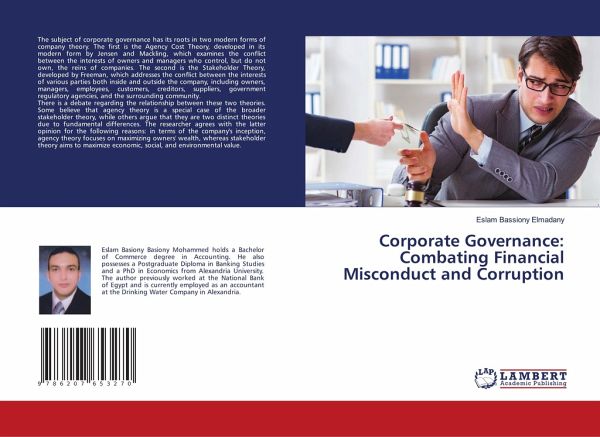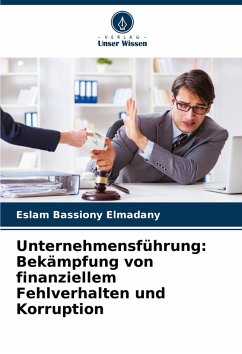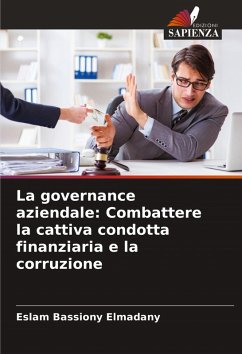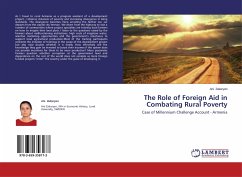
Corporate Governance: Combating Financial Misconduct and Corruption
Versandkostenfrei!
Versandfertig in 6-10 Tagen
40,99 €
inkl. MwSt.

PAYBACK Punkte
20 °P sammeln!
The subject of corporate governance has its roots in two modern forms of company theory. The first is the Agency Cost Theory, developed in its modern form by Jensen and Mackling, which examines the conflict between the interests of owners and managers who control, but do not own, the reins of companies. The second is the Stakeholder Theory, developed by Freeman, which addresses the conflict between the interests of various parties both inside and outside the company, including owners, managers, employees, customers, creditors, suppliers, government regulatory agencies, and the surrounding comm...
The subject of corporate governance has its roots in two modern forms of company theory. The first is the Agency Cost Theory, developed in its modern form by Jensen and Mackling, which examines the conflict between the interests of owners and managers who control, but do not own, the reins of companies. The second is the Stakeholder Theory, developed by Freeman, which addresses the conflict between the interests of various parties both inside and outside the company, including owners, managers, employees, customers, creditors, suppliers, government regulatory agencies, and the surrounding community.There is a debate regarding the relationship between these two theories. Some believe that agency theory is a special case of the broader stakeholder theory, while others argue that they are two distinct theories due to fundamental differences. The researcher agrees with the latter opinion for the following reasons: in terms of the company's inception, agency theory focuses on maximizing owners' wealth, whereas stakeholder theory aims to maximize economic, social, and environmental value.














